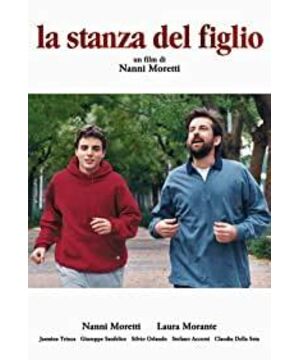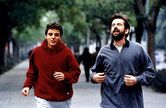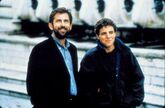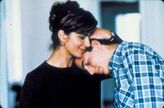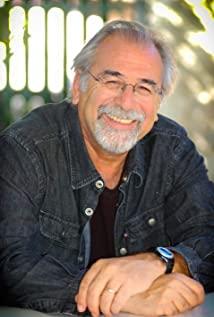We have seen too many movies about the loss of a loved one. Healing others—healing oneself—healing others. Such a cycle is a long-lasting dramatic logic. In "The Son's Room", the father who needs to be healed is a psychiatrist. However, the moment he learns of his son's death is the beginning of the collapse of his psychological defense. As the plot unfolds, we find that the core of the movie no longer revolves around Out of the pain, but hidden in the dark line: in the gyration of time and space, the pain is eternal.
The movie begins with my father's morning run one day. Through the window of the cafe, he saw a group of people dressed in Indian costumes dancing and singing cheerfully, such as festival celebrations and religious ceremonies. He was fascinated and followed them. Go to the street. Starting from breaking the routine, the film splits the first fork in time and space.
Soon, we saw him face all kinds of patients in the usual pattern, listening, letting go, asking questions, answering, and his expression was always calm. He suggested that patients learn to let go: "You always blame yourself and feel guilty about everything, but we can't control everything in life, we can only do what we can do, this does not mean passive, but a sense of life and The world is in a relaxed state of mind." Without the patient's counterattack, the scene stopped abruptly.
The consultation room where my father works is connected to the residence. The film uses a long shot to follow him after finishing his work as he walks home, opens a door, and turns off a light. Such actions are repeated several times, and the transformation of the space is also Represents his transition from a social identity to a family identity.
Such time and space maneuvers abound in the film.
——The father changed his plan to go out for a run with his son because of the patient's temporary call, which indirectly caused his son's death. The movie is replayed with several flashbacks in my father's mind: What if he quit his job that day? What if he decides to go diving after a run with his son? If the regulator of the diving equipment is not damaged?
——The father rushed to his daughter’s basketball game to tell her brother’s death, and the camera cut to a family of three crying bitterly in a farewell ceremony; the father and mother couldn’t help crying again when they talked about the cause of their son’s death in the restaurant, and the camera cut back to the daughter again another basketball game. It is like a reincarnation, but it is impossible to really go back to the past - the daughter quarreled with the referee because of the unfair punishment, and scuffled with the opponent.
——The priest said at the funeral: "The destiny in life is not within our grasp. It is God's will, and we have no right to know why." The father angrily smashed the broken teapot at home, and the consolation from religion and the film started him The theory of treating patients is the same. At this time, he finally understands that using "letting down" to heal the pain is just a feeble rhetoric.
Nanny Moretti's unconventional aspect is that he does not emphasize immersing the characters' emotions, does not magnify the grief, or even sculpt the grief, but pulls away in "changes", allowing the characters to reflect on the inertia of life in the subtle time-space contrast illusion.
The light ending reveals everything: the son's "girlfriend" plans to drop by the car to France, and the family of three planned to send her a ride back home overnight, but they drove all the way to the next morning. The daughter who woke up found herself in France and complained to her parents that she had to go back to school for training today. After a short silence, the three looked at each other and smiled. What if you didn't get home? What if you can't go back to the starting point? What if you can't get out of the pain? Let's go all the way like this, there is no need for so-called reconciliation, no solution is the best ending.
View more about The Son's Room reviews


